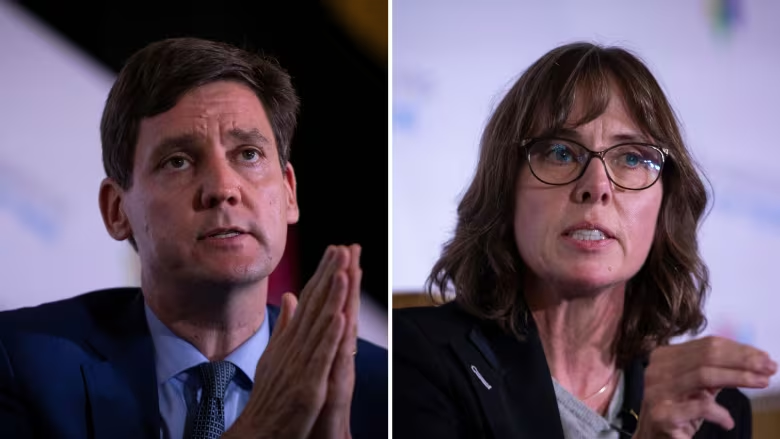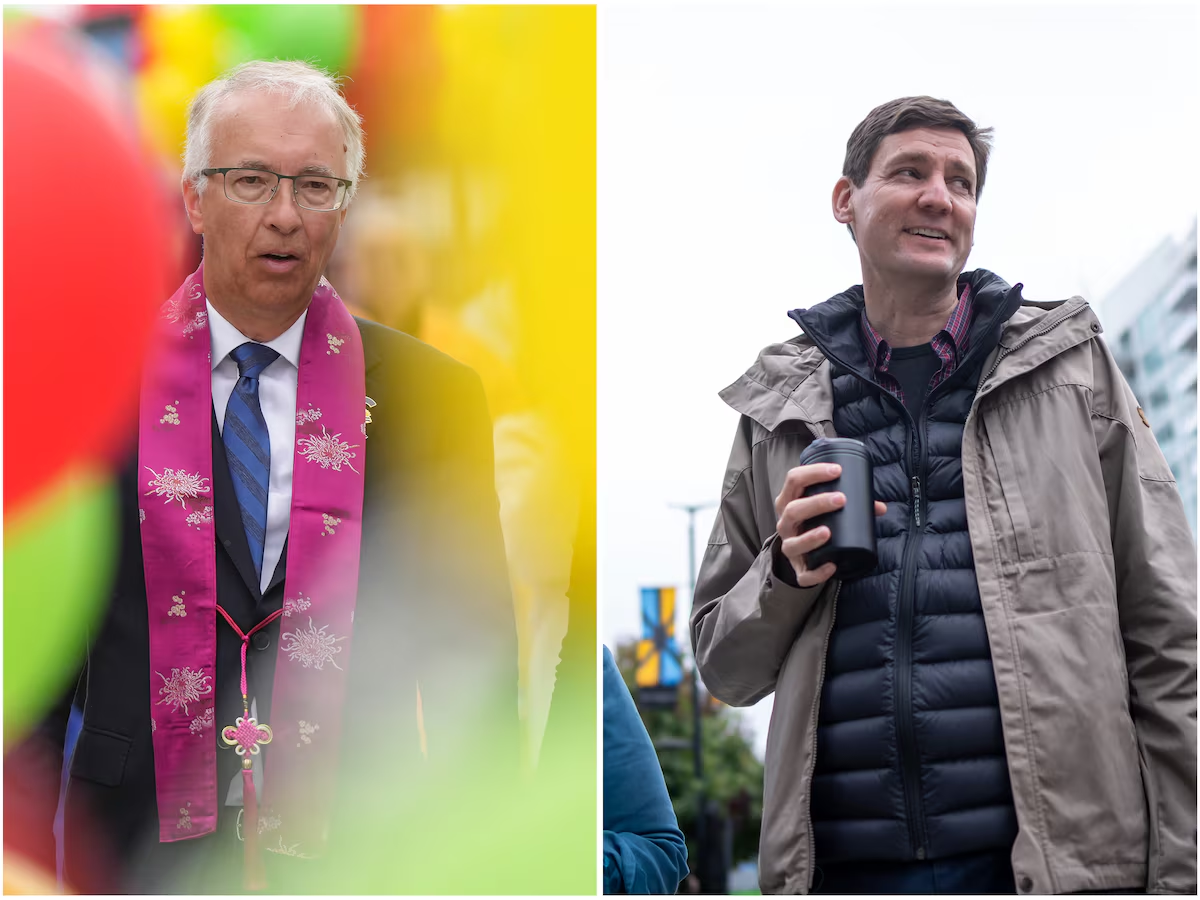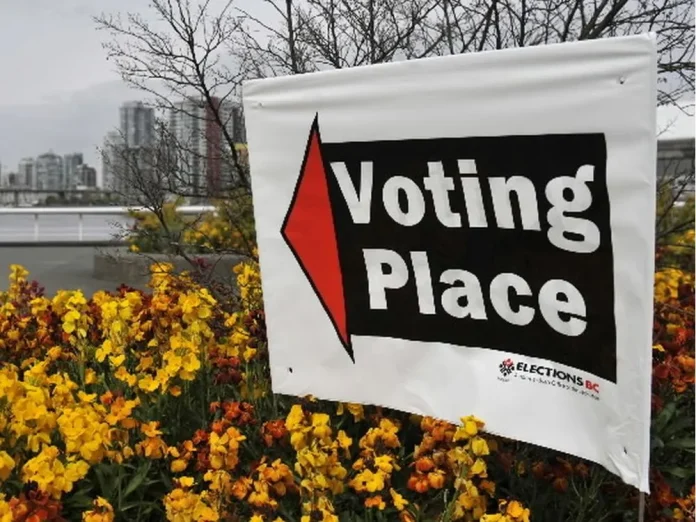British Columbia voters are heading to the polls on October 19, with the New Democratic Party (NDP) leading by a narrow margin over the Conservative Party. The election is garnering attention for its potential to signal broader trends in the upcoming federal election, expected within a year. The provincial election focuses on pressing issues like healthcare, housing, and the rising cost of living, reflecting broader concerns across Canada.
The NDP, led by Premier David Eby, faces criticism for its record on these issues, particularly its stance on public safety and a controversial drug policy. The Conservative Party, led by John Rustad, has gained momentum, particularly after merging with the B.C. United Party. Despite this, Rustad has faced backlash for past remarks on vaccination and climate change, which has impacted his standing.


According to an Angus Reid poll, 45% of voters back the NDP, while 40% support the Conservatives. The Green Party holds a small share of the vote. Climate policy, once a dominant issue in B.C. politics, has taken a backseat in this election. Rustad’s promise to dismantle the provincial carbon tax and expand liquefied natural gas (LNG) production has shifted the conversation, though critics argue that rising living costs and healthcare shortages should take precedence.
Kathryn Harrison, a political science professor at the University of British Columbia, noted that post-pandemic issues like medical staff shortages and emergency room closures are top priorities for voters. The focus on climate has lessened in comparison to past elections as these pressing concerns dominate the discourse.

With Canada’s first LNG export terminal set to begin operations next year in northern B.C., the debate over energy and environmental policy is expected to continue. Rustad’s focus on expanding the LNG industry has drawn significant attention, especially as the federal government’s carbon tax grows increasingly unpopular. However, many voters feel that immediate issues like healthcare access and the cost of living deserve more focus.
The B.C. Conservative Party, though unaligned with the federal Conservatives, has positioned itself as a right-leaning alternative to the NDP’s left-leaning policies. This dynamic adds an interesting layer to the provincial election, especially as federal Conservatives gain momentum ahead of their own national contest.
The race is expected to be tight, with the NDP holding a slight advantage. Analysts argue that many of the party’s supporters are motivated more by dissatisfaction with the alternatives than by strong enthusiasm for the NDP itself. This could signal a potential shift in voter sentiment, reflecting broader discontent with the status quo.

John Rustad’s performance in the recent leaders’ debate was widely regarded as weak, and his controversial past comments on climate change and COVID-19 vaccination have come under scrutiny. However, his party’s merger with the B.C. United Party has bolstered its standing in the polls, making it a formidable contender.
The result of this election could have significant implications for British Columbia’s approach to climate policy. Rustad’s promises to scrap carbon taxes and push for LNG expansion contrast sharply with the NDP’s more environmental approach, raising questions about the province’s long-term sustainability.
As voters head to the polls, it is clear that healthcare, housing, and living costs will dominate discussions, but the province’s energy future and climate policies also loom large. The outcome of the election could shape not just B.C.’s provincial future, but also offer insights into the national mood ahead of next year’s federal contest.




